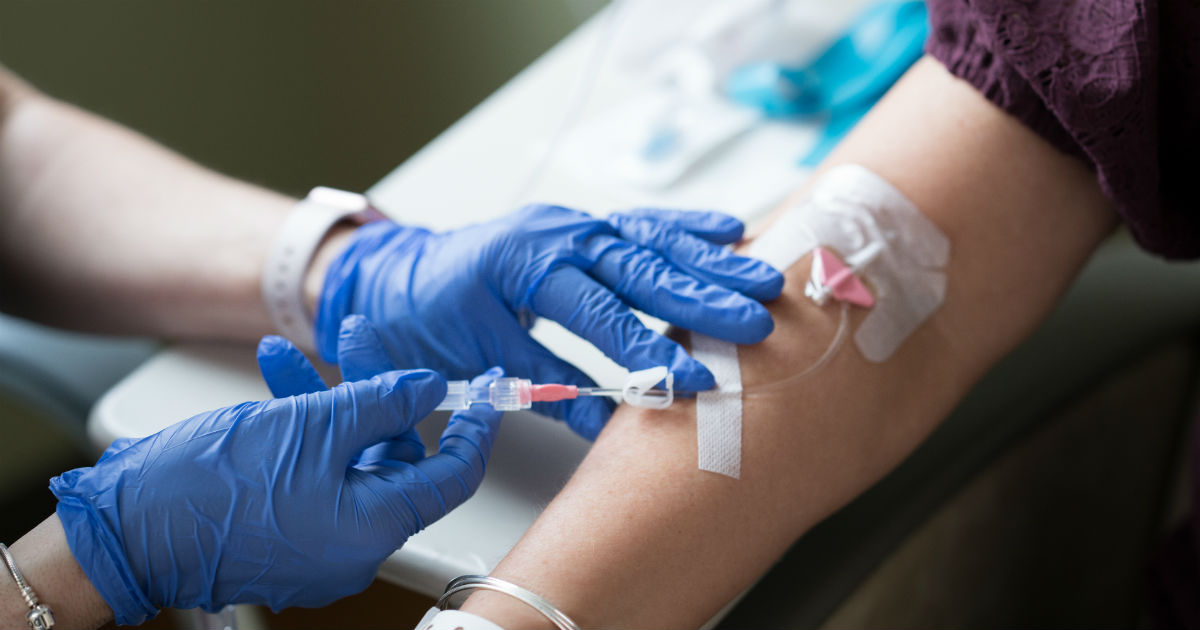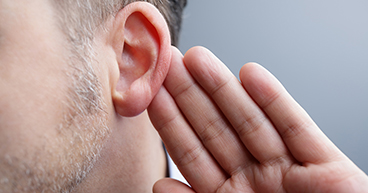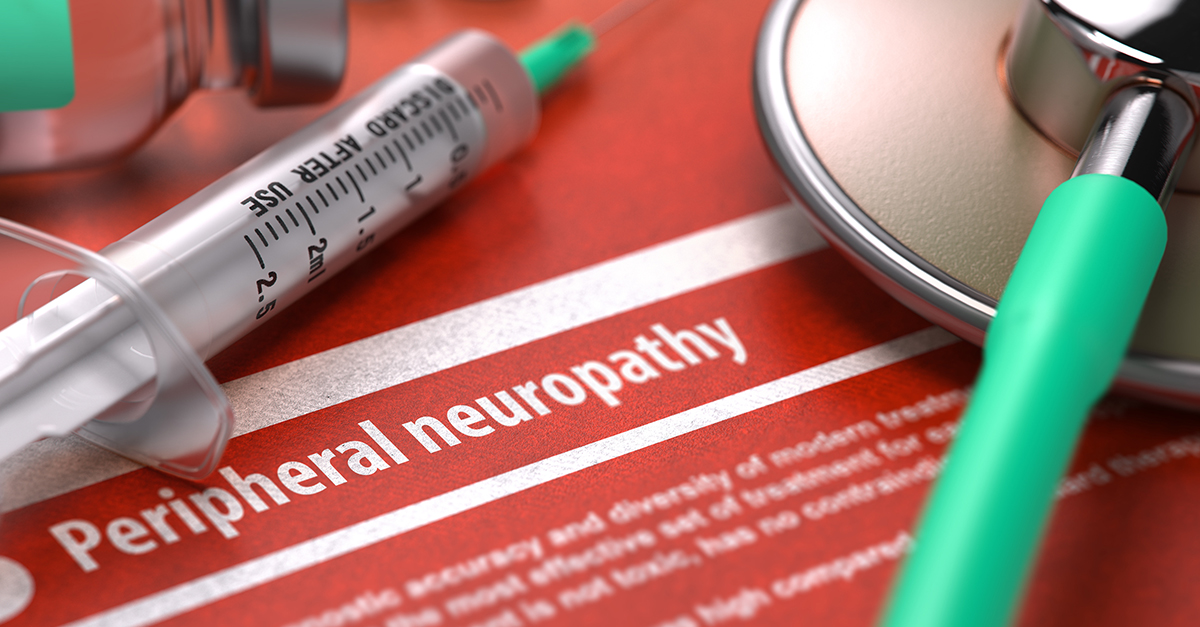
Many chemotherapy patients know the feeling all too well: a mental fogginess that permeates the brain and can disrupt even the most routine tasks. It is popularly known as “chemo brain,” but doctors describe it as post-treatment cognitive difficulty, because it can occur after chemotherapy, surgery or radiation therapy, as well as anti-hormonal therapy. Whatever you call it, the changes can prove unsettling and, sometimes, debilitating.
Maybe it’s as simple as forgetting to balance your checkbook, or experiencing difficulty concentrating at work. Even trying to follow simple directions can be exasperating. But there’s new reason for hope. Researchers at Stanford University believe they have found one of the underlying causes of chemo brain. Stanford scientists have concluded that some chemotherapy drugs affect specific types of cells found in the white matter of the brain. White matter contains neurons and nerve cells that help brain quickly process signals. Research indicates chemotherapy may prevent some brain cells in the white matter to reproduce and other cells may not mature properly. “If we understand the cellular and molecular mechanisms that contribute to cognitive dysfunction after cancer therapy, that will help us develop strategies for effective treatment,” says Stanford researcher Michelle Monje, MD, Phd says.
The inflammation link
Prior studies have shown that group session focused on thinking and memory skills may improve cognitive skills. Canadian researchers have concluded that cognitive difficulties may be a result of inflammation that occurs before any treatments are given. Research indicates that cytokines released by the body to fight tumor growth, may lead to inflammation in the brain. Other research attributes chemo brain to other treatments in addition to chemotherapy.
“Cognitive difficulties can occur from a number of treatment modalities,” says Dr. Eugene Ahn, Medical Oncologist and Medical Director of Clinical Research at our Chicago hospital. Cancer patients who did not receive chemotherapy but underwent surgery, radiation or hormone therapy may also notice mental impairments after treatment. “Based on our clinical experience, I would not be surprised if simply being diagnosed with cancer is enough to cause some of the subjective complaints we commonly see,” Dr. Ahn says.
A 2015 study completed at the Jonsson Comprehensive Cancer Center at the University of California at Los Angeles (UCLA) suggests mental training exercises may help patients with chemo brain. In the study, published in 2015 in Psycho-Oncology, a group of psychologists taught breast cancer patients strategies designed to boost memory and sustain attention. The interventions required patients to do homework and frequently practice specific mental exercises to improve cognitive function. Participants demonstrated a noticeable improvement in self-reported cognitive complaints, and performed better on memory function in neurocognitive tests compared to control groups.
Learn more about our Risk Management Tool.
Laughter is good medicine
Dr. Ahn says he frequently advises patients to “maintain a healthy diet, get plenty of exercise and avoid unnecessary toxins such as smoking cigarettes and drinking alcohol.” Activities such as yoga, meditation, mindfulness and a behavioral health technique called laughter therapy may also help. “Laughter is good medicine,” says Dr. Ahn, “as well as direct psycho-social support sensitive to patient-specific needs.” Here are some other tips to reduce symptoms:
- Consider joining a support group. Talking to patients facing similar challenges can be encouraging and combat feelings of isolation.
- Get plenty of rest, since lack of sleep can impair brain function.
- Try to focus on one thing at a time. When under the fog of chemo brain, multitasking can seem overwhelming.
- Go easy on yourself. Everyone has forgetful days. Most of the time, the inflammation will diminish and symptoms of chemo brain will ease, but it may take longer than you anticipate.
- Talk to your doctor about the side effects of cancer treatment, whether medication is available and what you can do to help mitigate symptoms.
“Take this opportunity to be an active partner in your healing process,” Dr. Ahn says. He cautions patients to be mindful of catastrophic thoughts, since worrying about how long symptoms may last can be a deterrent to the healing process. “Those catastrophic ruminations are often not only inaccurate, because typically symptoms do get better with time, but such thoughts have negative physiological effects on our body,” Dr. Ahn says. “The science suggests that the odds are stacked in your favor for a meaningful recovery.”


